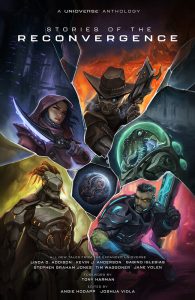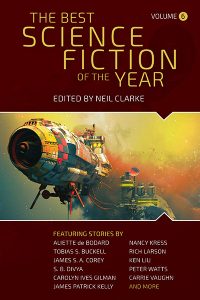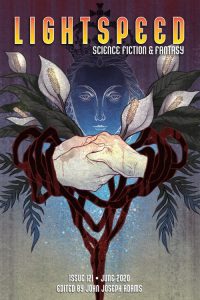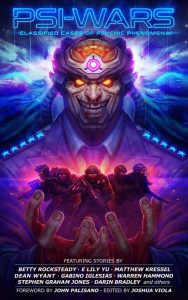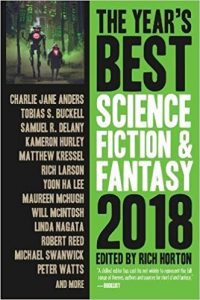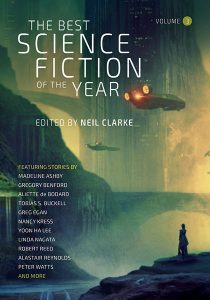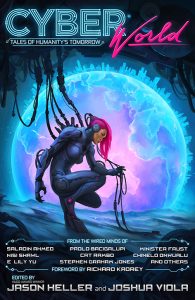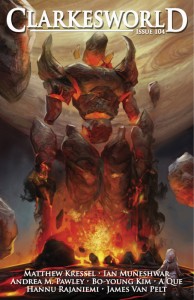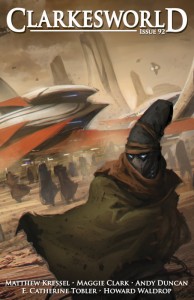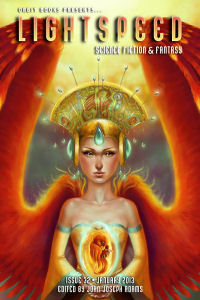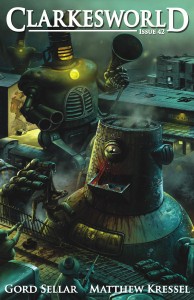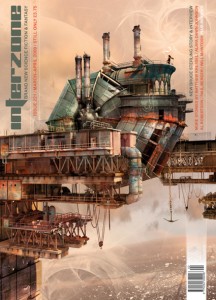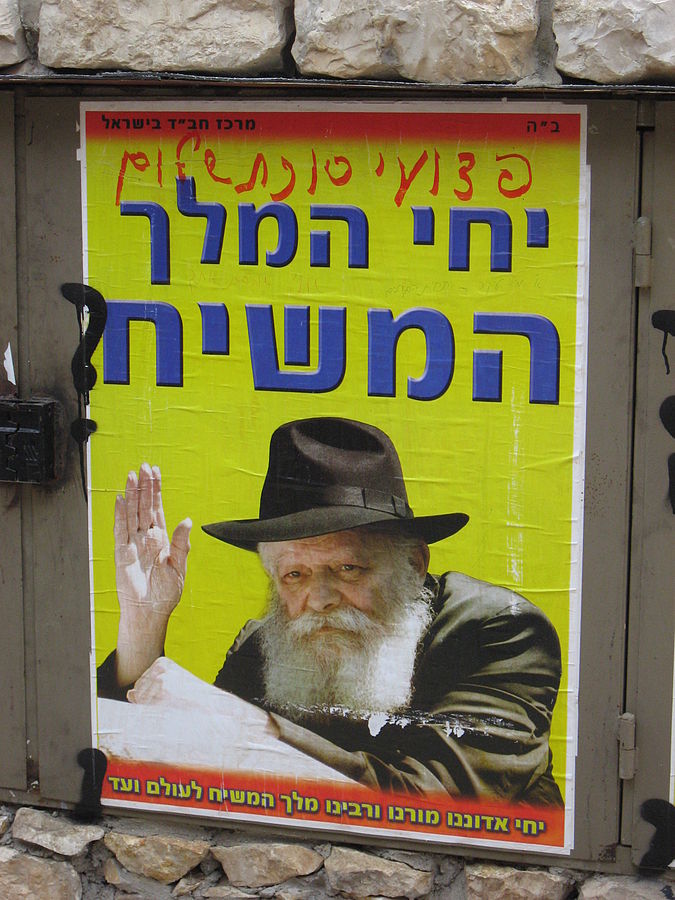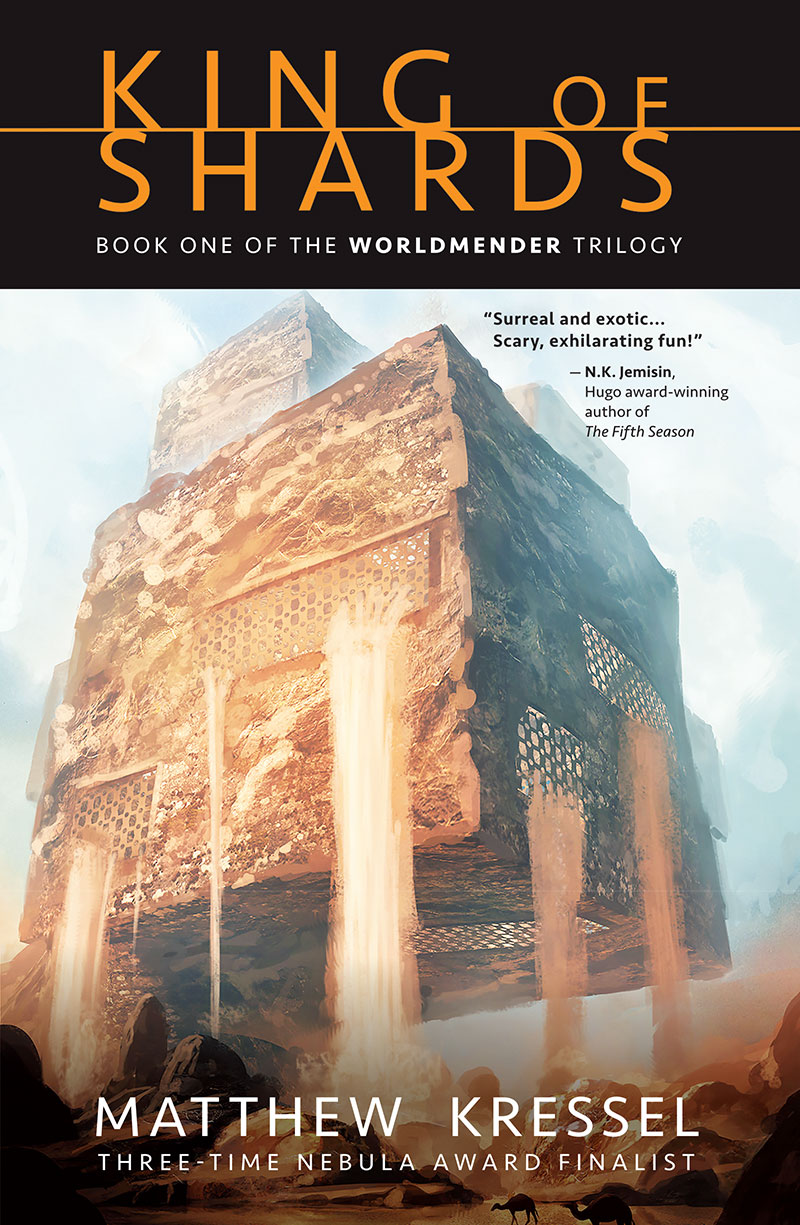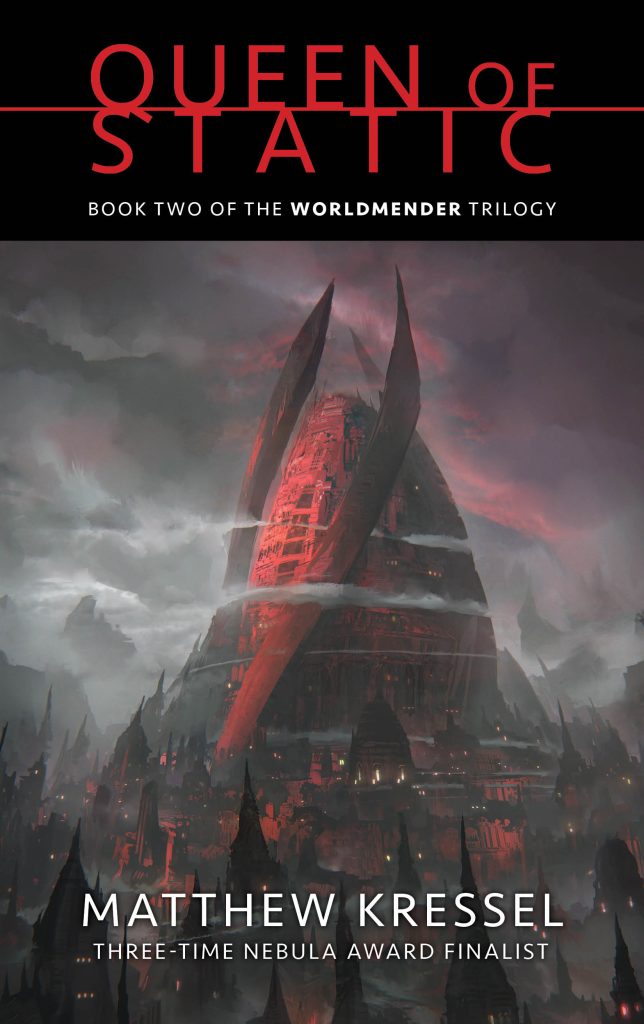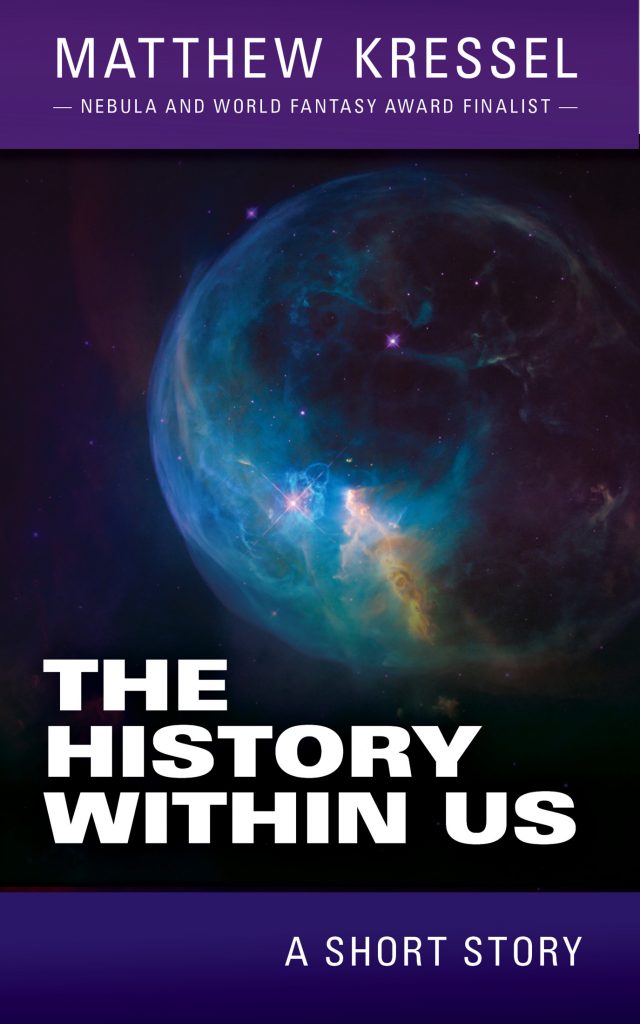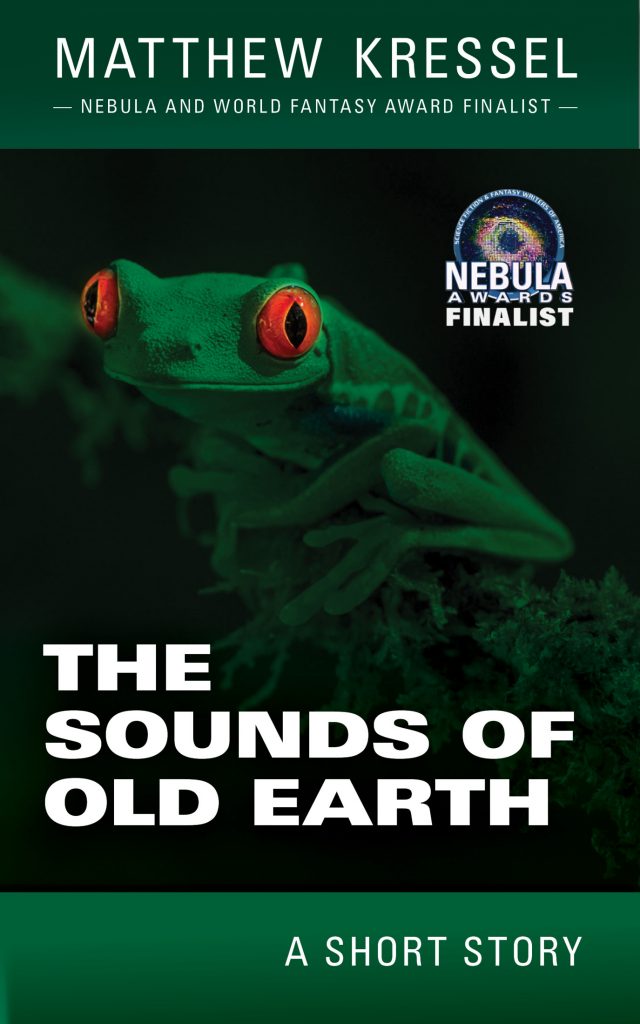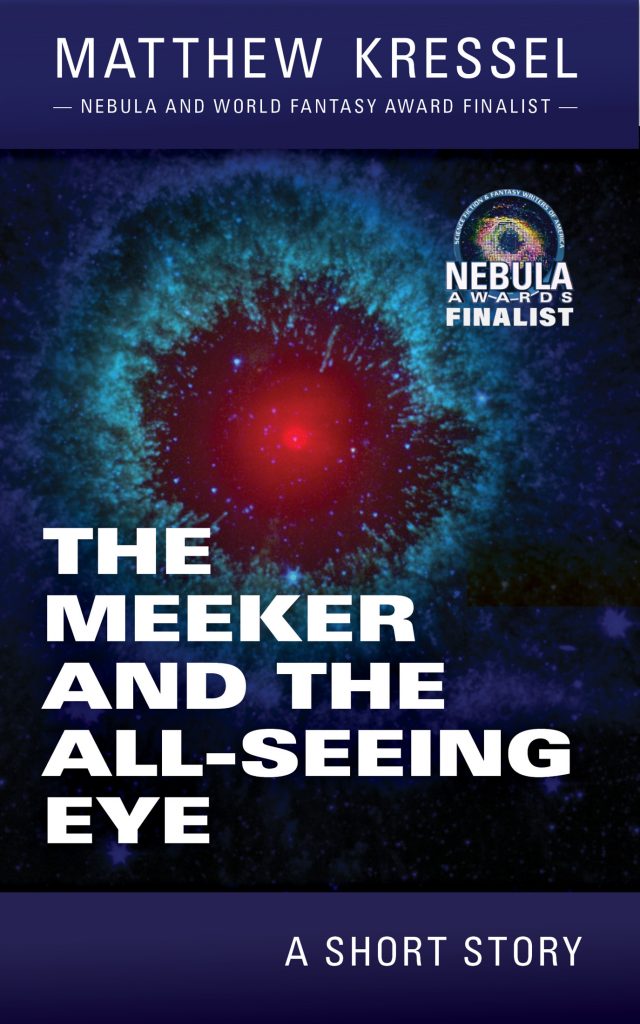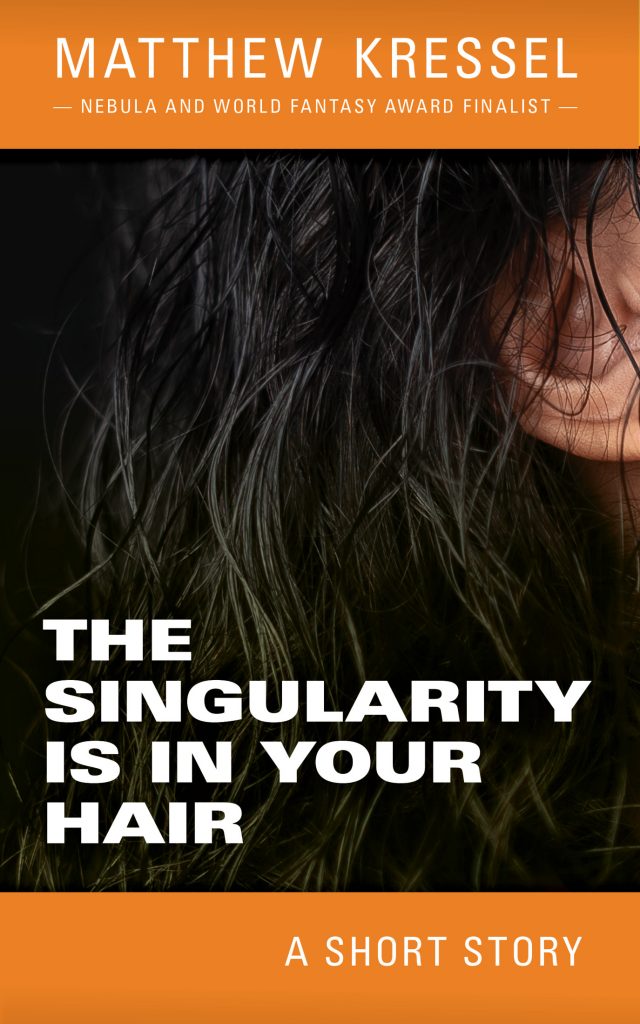To celebrate the October 13th release of my forthcoming debut novel, King of Shards, I will be featuring one new blog entry a day about a different Judaic myth for 36 days. Today’s entry is on The Birthpangs of the Messiah.
Day 22: The Birthpangs of the Messiah
There will come a time when all nations will be at war. Children will curse their parents, who will be helpless in the hands of their wayward children. Houses where great scholars once met will be turned into brothels. The wisdom of the fathers will be scorned as the fool’s path, and those who shun sin will be mocked and ridiculed. The precious few pious and saintly among this rabble will hide in the far corners of the globe, and none to whom they speak will remember the wisdom of the Torah. A great famine will spread over the earth. Then the whole world shall tremble in fear, and they shall cry out in pain as a woman in labor. Then God will shout to the people Israel, “Do not fear, my children, for the day of your redemption is here.” These sufferings will last for seven years, but on the eighth year, the Messiah will come to the earth and bring peace to Israel and all the nations.
The Myth’s Origins
The myth comes directly from the Talmud, Sanhedrin 97a, in which several rabbis discuss the seven difficult years leading up to the Messiah’s arrival. Genesis 3:16 says, “In pain you shall bear children,” and the arrival of the Messiah was likened to a birth into this world. In the Jewish tradition, a newborn is circumcised on the eighth day after birth, which seals his bris, or covenant with God. Thus, the Messiah’s birth was seen as a macrocosmic mirror of this personal birth. The mother, traditionally, is seen as “ritually unclean” for seven days until the boy’s foreskin is removed. In the same way, the Earth will be unclean, i.e. in a defiled state, for seven years, until the purification that comes with the arrival of the Messiah on the eight year. Mystical interpretations identify the boy’s foreskin as identical with the kelipah, or husks, which are a magnet for dark forces. (See The Shattered Vessels of Creation). The removal is seen as an act of purification.
Some Thoughts on the Myth
It never ceases, the number of people who are convinced we are living in the End Times, no matter the times. Despite having varied and diverse beliefs about who exactly is coming and how he or she or it will arrive, most of their theories of the End of Days can trace their roundabout lineage to the Talmudic source. They often share the same refrain: Look at how corrupt the children are! Look at how the nations fight each other! Look at how they reject God’s good laws! We are then told of the Messiah’s imminent arrival, our urgent need for repentance, and warned about some great calamity about to strike the world. Christianity, of course, has added quite a bit more to the myth of the End Times via its Book of Revelation and its manifold interpretations. But the through-line remains the same: the world is corrupt and needs saving by God or one of his emissaries.
Forget for a moment the horribly misogynistic belief that a mother is “ritually unclean” for seven days because she gave birth to a boy (and fourteen days if it’s a girl)*, it seems to me that every generation is convinced their parents have got it all wrong. These kids grow up, have children of their own, only to discover their children have the same criticisms. And these adults, watching the world grow ever more liberal, view the changes as “corruption,” since their children often drift away from their parents’ more conservative values. Generation after generation this happens, and the world becomes more liberal as a resuly. Those who are enmeshed in biblical study and community feedback loops view the changing world through their lens of End Times prophesy, and therefore see imminent doom in all directions. But their religion also provides them a nice warm security blanket. Do not fear! The righteous will be saved! It’s a lot like how advertising works: create an insecurity in the viewer, and then provide a solution for that insecurity.
As you can tell, I don’t believe in any of this Messiah nonsense. Once, while walking in the street, two Hasidic Jews stopped me and asked me if I’d like to recite the arbat haminim blessing, a prayer using herbs, a palm frond, and a citron, said on the holiday of Sukkot (it’s Sukkot all this week). At the time, I hadn’t critically analyzed my religion, and I participated in the prayer, feeling as if I was doing something positive. Afterward, one of the men gave me a business card. On it was a picture of the famous Rabbi Menachem Mendel Schneerson. And under his picture, the words Moshiach. Messiah.**
Yes, though Schneerson had died almost a decade before, there were those among his followers who were convinced he was the promised Messiah. I thought, Is this what I really believe? That some man will come and save us? And I need to wave a palm frond and fruit around in the hair to hasten his arrival? It was a wake-up call for me. What other things had I come to accept without analyzing them with a critical mind. It took years, but these days I’m firmly agnostic with atheistic leanings. If there is a God, she isn’t anything like what the bible teaches.
In my life I’ve encountered at least seven predictions, if not more, for the imminent end of the world. What I’ve come to understand is that waiting for someone or something to come and save us is what a helpless child does, and not an adult. At some point that child will grow up and have to face difficulty on her own. There will be no one coming to rescue that child if she gets into trouble. And that’s how I see us, humanity, at this moment in history. We behave like helpless children, waiting for an invisible God or his holy emissary to descend from the sky to come and save us from our own problems, because we really do need help. But there is no savior coming. Waiting for him or her or it is admitting we are powerless to affect change. But we are not powerless creatures, as any cursory look at what we’ve done to this planet will show. Therefore, in the absence of a savior, we must be our own saviors. We must all be our own Messiahs.
* The belief is that a mother is technically not “unclean,” but has descended from her peak holiness of maximum fertility to an “impure” state. At her peak holiness, she is closest to God. It seems to me that tying a woman’s “holiness” and “purity” to how fertile she is reduces the woman to a mere baby-making object.
** I wish I still had this business card, because then I could boast to people, “I have the Messiah’s business card.”
Tomorrow’s Myth: The Seven Shepherds of Sukkot
